Dear friends,
Twice a month, we have an in-house learning session among the staff we call Journey Beyond. These sessions are a “journey” because we never stop learning as we keep pace with work that constantly evolves. Importantly, these sessions are not just about professional skills and knowledge but our growth as a person. Often when we are journeying with others through difficult moments, it is not just what we can do but who we can be. For instance, patience, care, respectfulness, or compassion are not exactly skills but qualities we need to embody.
Our first session of the new year is usually to reflect on the key developments of the year gone by. This year, we did so by by looking explicitly at our failures. As no one is perfect, it would be safe to say that all of us fail but it is not a topic spoken about frequently. In a work context, speaking about failure is counter intuitive as we risk losing our credibility and even our jobs.
We pitched the session as a Failure Festival where failure is spoken about authentically and if we could, humorously too. We encouraged laughter not because we are frivolous about work and accountability, but because the exercise is not meant to punish but to help us flourish. We believed that if we would really embrace failure, we will be able to find something to celebrate about the experience too.
So, I began by presenting my failures in 2021, and was grateful for the gentle attention my colleagues accorded me. They sought clarifications but did not try to placate me. This was important because when we placate, we risk not honouring the effort the speaker is making to assume responsibility. The Failure Festival continued with small group discussions about personal and team failure and presentations of failure by others.
As we closed our small little festival, I was heartened to hear an expression of appreciation for the permission to talk about our mistakes. As people heard each other, some began reframing the individual failures of team-mates as team failures because they felt that they had contributed to the challenges. One interesting comment was someone who said that she is warming up to the opportunity to reveal her failures but is deeply worried that after doing so, she may still be unable to rectify them. “Then we fail again!” was my quick rejoinder which garnered a few chuckles but seriously, I should have told her that maybe we do not have to rectify our failures alone and it was time to enrol others to help her. When we can speak openly about our challenges, we open the door for others to help us.
Finally, a colleague who spoke last, shared a personal experience that was an important reminder for what the festival was not trying to achieve. A few days before the session, her child came back from school declaring that he is a failure. With patience and sensitivity, she finally helped him accept that even if we fail often, that really does not make us a failure. A Failure Festival celebrates our ability to confront our failures, it is not to brand us all as such.
May we always fail to let success get to our heads and have the courage to confront our failures authentically.
Sincerely,
Gerard









